A powerful scene unfolded this week inside the Central Treatment Facility (CTF) of the D.C. Jail: caps and gowns replaced orange jumpsuits, and the usual sound of clanging doors gave way to applause and celebration. More than a dozen incarcerated young men became the latest graduates of Maya Angelou Academy @ D.C. Jail, marking an emotional and transformative moment for students, educators, and families alike.
A Journey Fueled by Sacrifice and Redemption
Among the graduates was Tomar McWilliams, a returning citizen who made an extraordinary decision to complete his high school education. Rather than finishing his sentence in a federal prison, McWilliams requested a transfer to D.C. Jail to enroll in the Maya Angelou Academy program—despite knowing it would keep him behind bars longer.
“This was my last chance to get my high school diploma,” McWilliams shared. “I had to make a sacrifice for my freedom. I knew what I needed for when I got back into the community.”
For McWilliams, who had dropped out before the pandemic, this diploma represents more than academic achievement—it’s a promise of a better future. Now 24 years old, McWilliams aged out of the standard K–12 program, which only serves residents up to age 22. However, thanks to the Charles H. v. District of Columbia class-action settlement, he and others were granted an extension.
The lawsuit, filed in 2021, accused the jail of denying residents access to appropriate education during the COVID-19 pandemic. It ultimately resulted in a settlement requiring improvements, including personalized instruction, access to technology, and support for special education needs.
A Graduation Ceremony with Deeper Meaning
The ceremony took place on a Wednesday morning, where 15 students were honored—12 still incarcerated, three already released. As “Pomp and Circumstance” echoed through the room, the graduates marched in black gowns to standing ovations. Proud family members, attorneys, and teachers gathered to witness what for many was not just a graduation but a life-altering milestone.
Each graduate was invited to speak. They offered moving reflections on the difficulties of incarceration, their struggles with academics, and the vital role of teachers and peers who kept them motivated.
One of those educators, Jacqueline Williams, Deputy Director of Education for the Department of Corrections, praised the students’ resilience:
“Despite all your odds, your circumstances, and past experiences, this day is a platform for your future,” she said. “Your parents and friends are incredibly proud.”
Williams reminded graduates to hold onto their momentum:
“Don’t let your doubts or fears stop you from being the best version of yourself.”
From Lockdown to Launchpad: Overcoming Pandemic Setbacks
Nathan Washington, another graduate, exemplified the program’s success. He vividly recalled the hardship of the pandemic lockdowns, when the jail was shut down and classes suspended.
“It was hard—everybody was getting sick, and we were always on lockdown. It was like a hole,” he said.
According to the lawsuit, the previous educational provider, D.C. Public Schools’ Inspiring Youth Program, failed to resume teaching after quarantine orders. Residents received only worksheets—no verbal instruction or help—despite needing tailored support via their Individualized Education Plans (IEPs).
The lawsuit’s resolution now ensures Maya Angelou Academy must provide:
-
Live, continuous verbal instruction
-
Educational technology access
-
Support to attend lessons, appointments, and counseling
-
Customized IEP-aligned instruction
Thanks to that structure and encouragement, Washington is now looking ahead with clarity. After graduation, he plans to join the Young Men Emerging (YME) program, which teaches life and career skills to incarcerated youth preparing for reentry.
“My master plan is just reentering the community and being successful,” he said. “I want to give back to the youth and show them there’s another way.”
Building a Better Future Through Education
The success of this program is evident in the numbers. Since Maya Angelou Academy took over D.C. Jail’s educational services in 2021, 282 residents have enrolled and 82 have graduated. In Fiscal Year 2025 alone, 121 students enrolled and 21 completed their high school education.
To qualify, residents must:
-
Be between 18–22 years old
-
Have previously attended a D.C. public or charter school
-
Not have earned a diploma
-
Have an active IEP
The school is operated by Maya Angelou Public Charter Schools – See Forever Foundation, which brings an empathetic and tailored approach to incarcerated youth education.
Principal Russell Waller emphasized that many of the students hadn’t seen academic success before. But with personalized support and a tight-knit school team, they found the motivation and structure they needed:
“They have the desire and the drive when they’re here. We just wrap around them with care and support,” Waller said.
Teaching With Heart: The Educators Behind the Effort
Behind each diploma is a team of dedicated teachers who invest deeply in their students’ futures. Eustace Alexander, a science teacher with seven years at the jail, shared how he builds real-world relevance into every lesson.
“We’re teaching adults with real life experience. Our focus is their success—not ours as educators,” Alexander explained.
His classroom discussions often revolve around pressing topics like STDs, fungal infections, and smoking—issues that spark meaningful engagement among students. For many, this is their first time caring about academics in years.
“Some haven’t been to school in seven years. Some hated school. Some were doing well but made a mistake. But now they all share a common goal,” Alexander said.
A Rare but Powerful Second Chance
For McWilliams, Washington, and their classmates, this graduation symbolizes more than academic progress—it’s proof of their resilience, potential, and readiness to rewrite their futures.
“This diploma means I’m not going to fall back into old habits,” McWilliams said. “I have something to show. I have a reason to stay focused.”
As these graduates return to their communities, they do so not just with a credential, but with purpose—and a renewed sense of self-worth. Through Maya Angelou Academy @ D.C. Jail, their past does not define them. Instead, their futures are now shaped by opportunity, growth, and a commitment to building better lives.

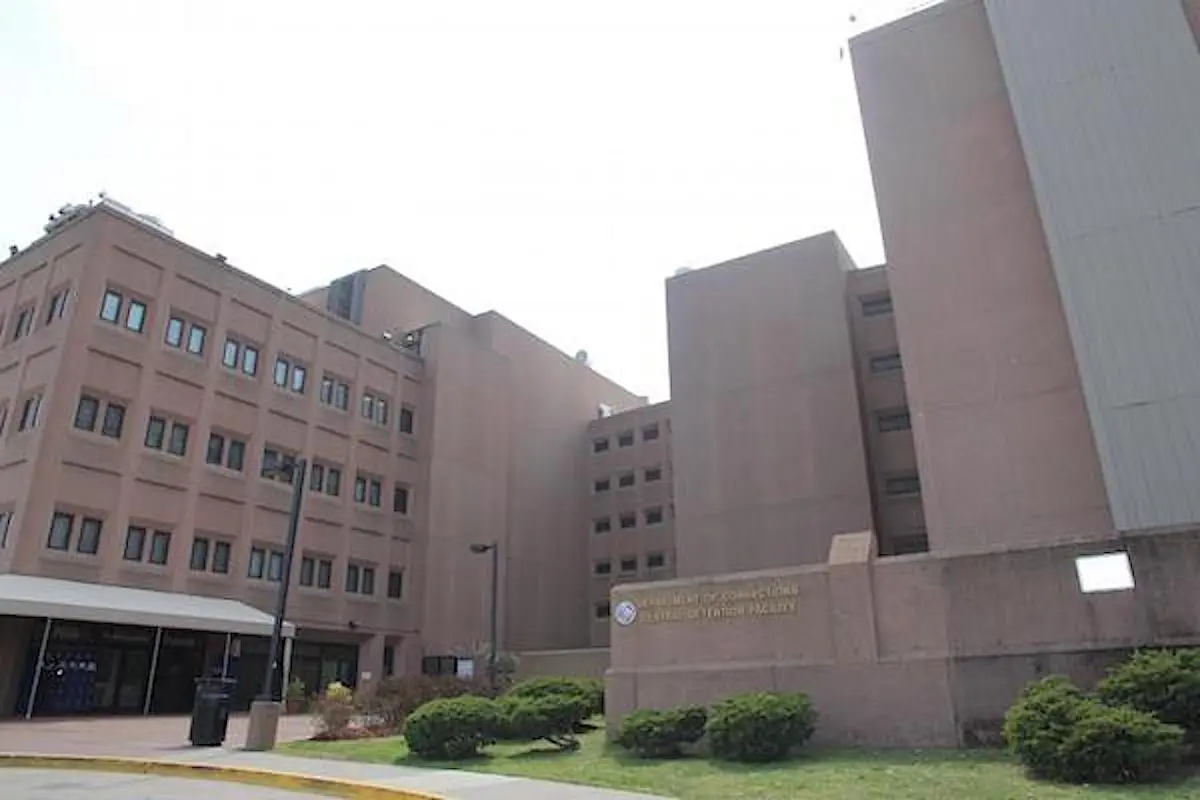
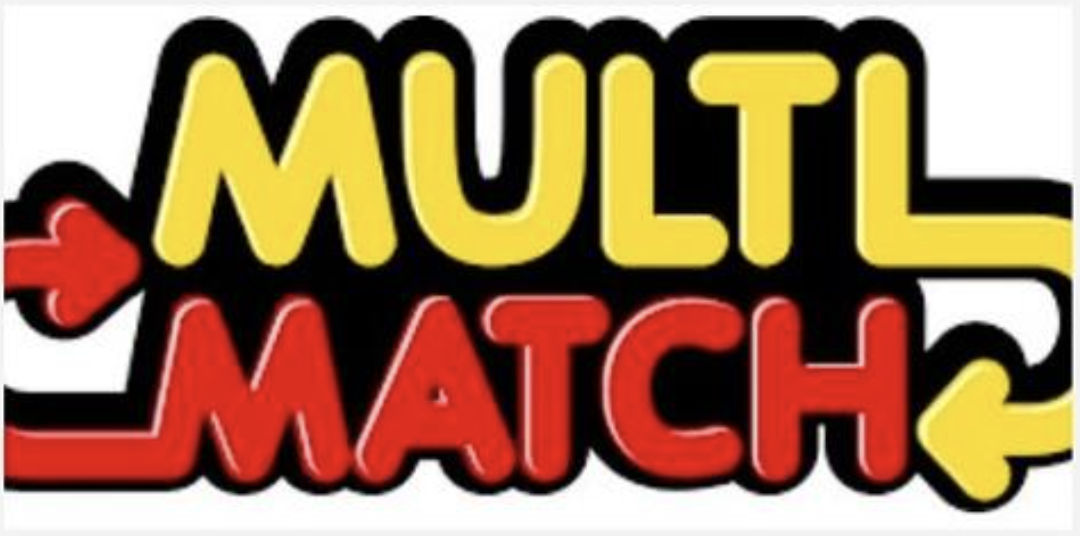
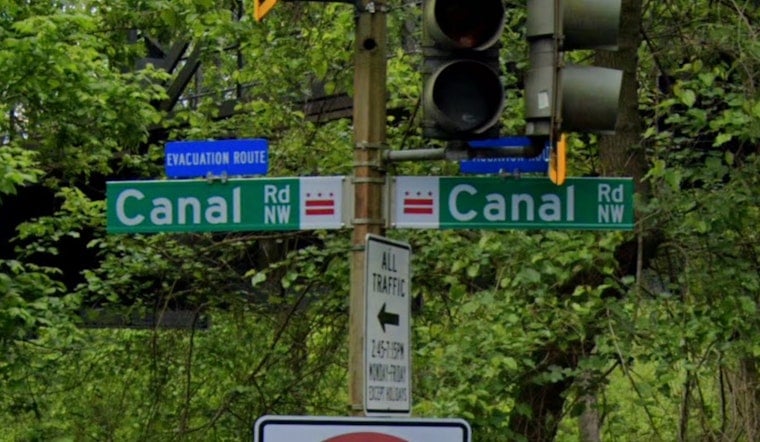
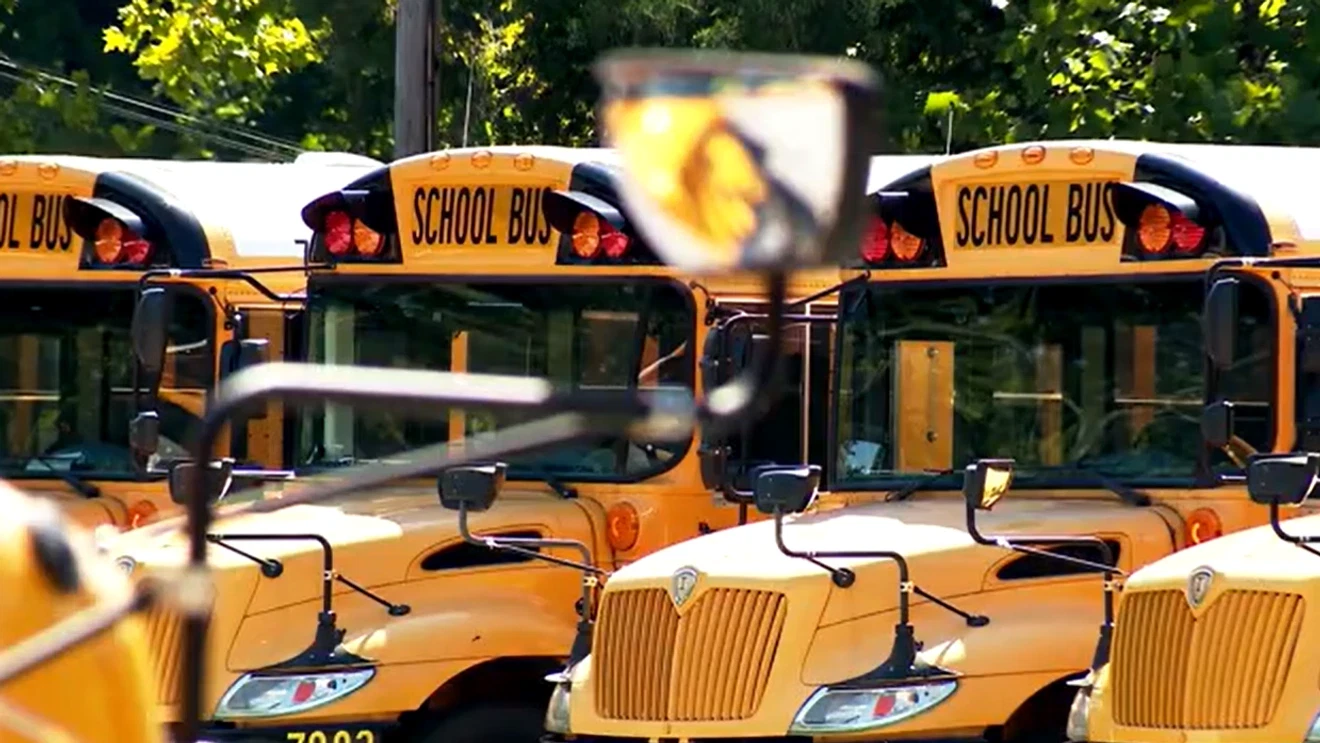
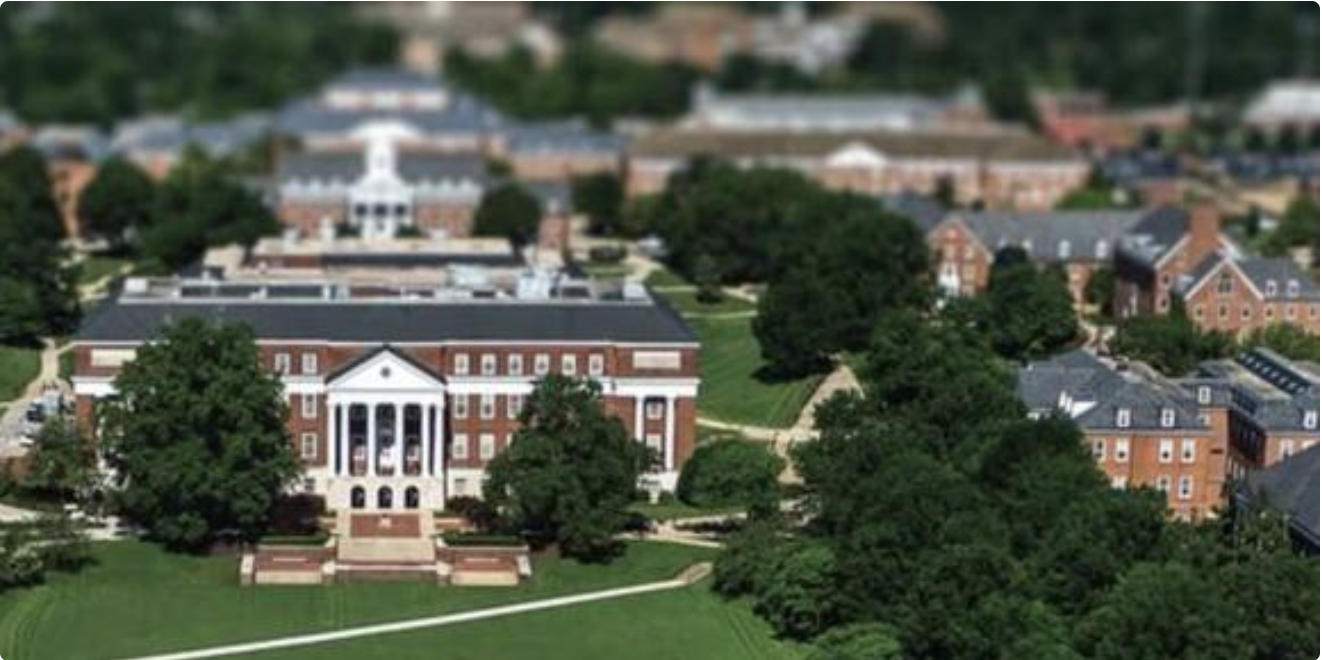
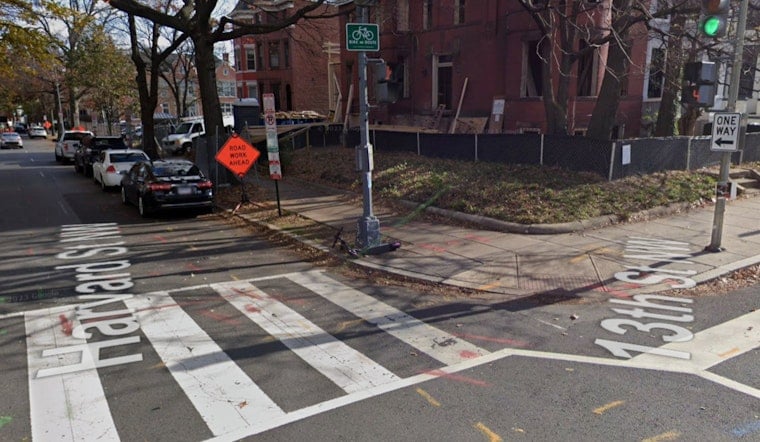
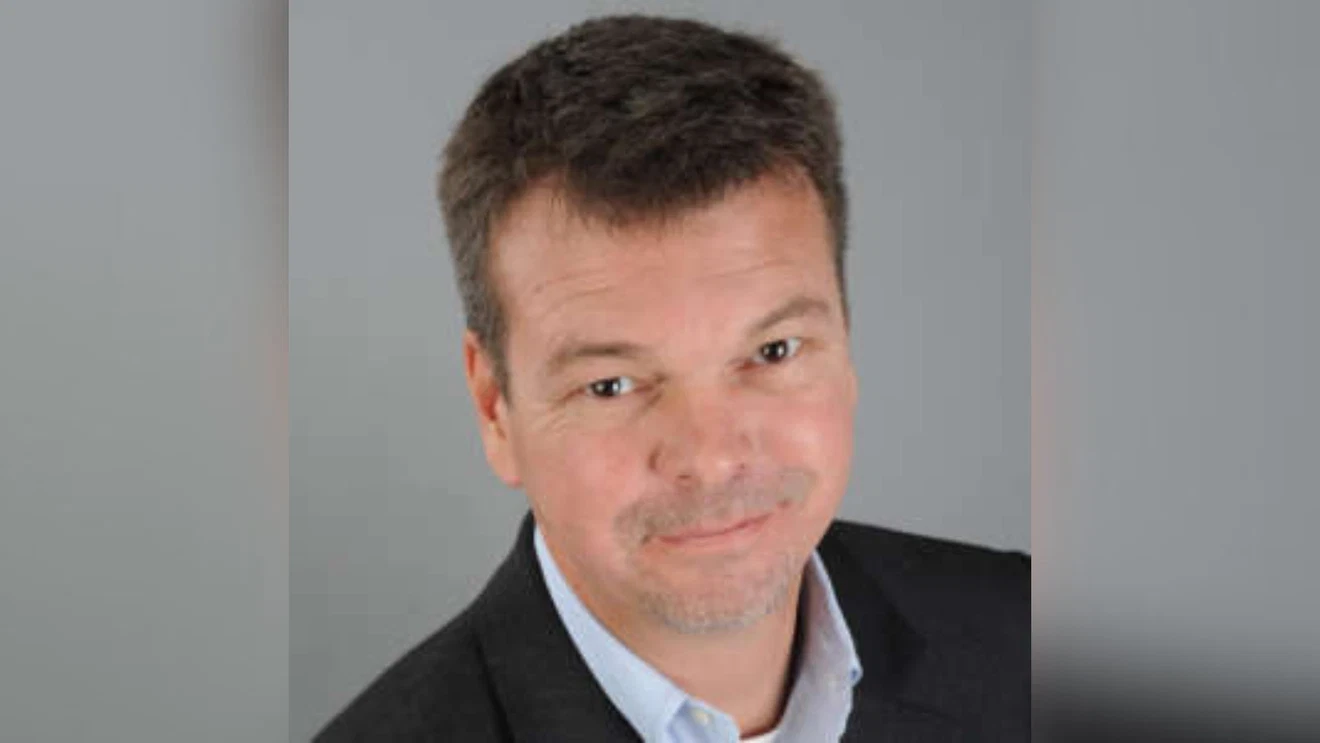
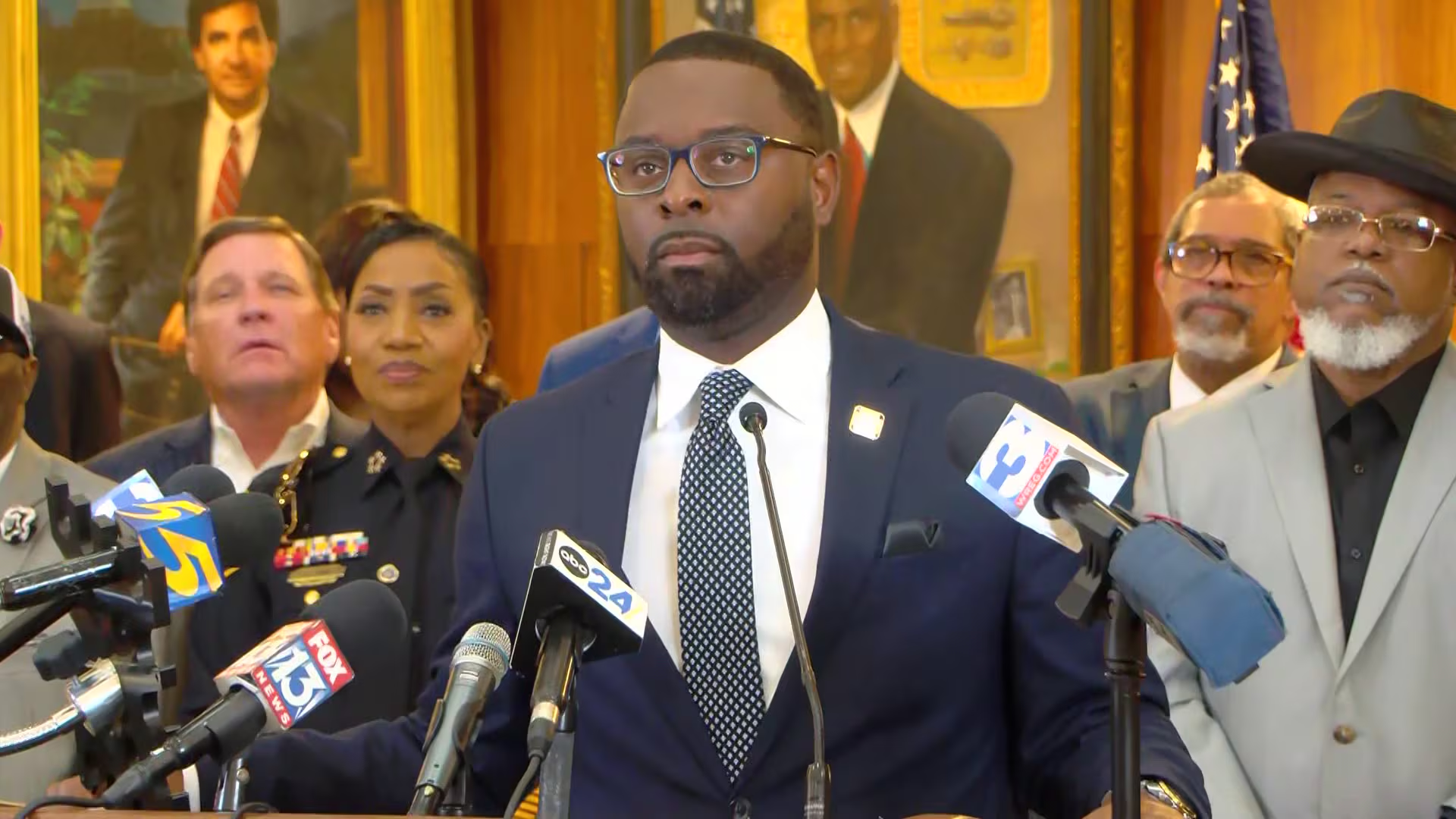
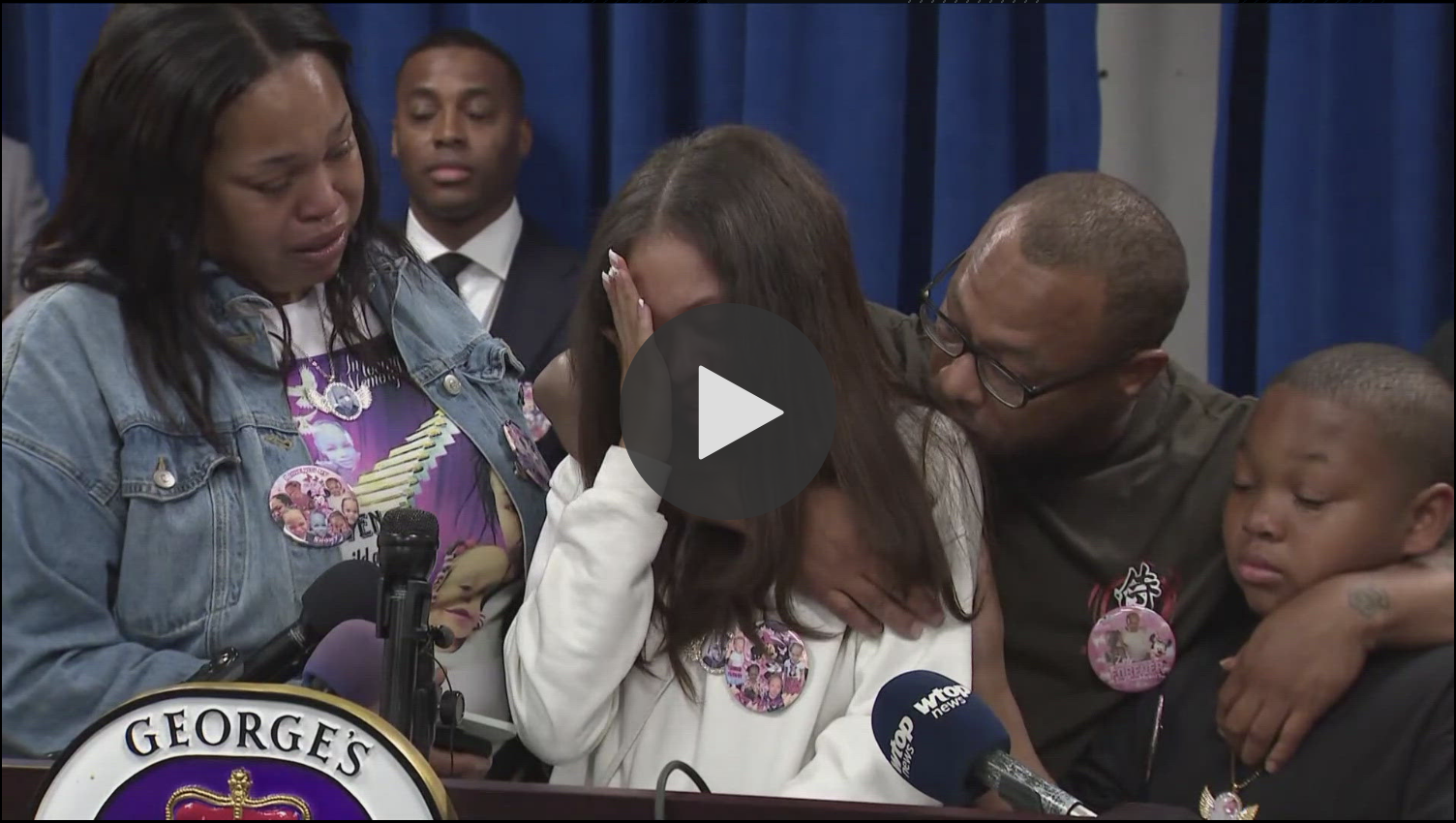
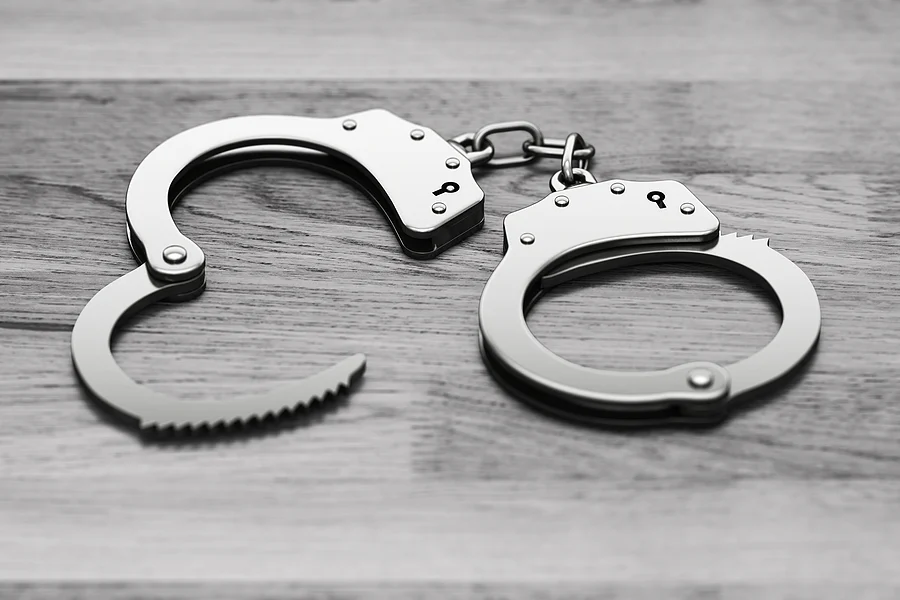
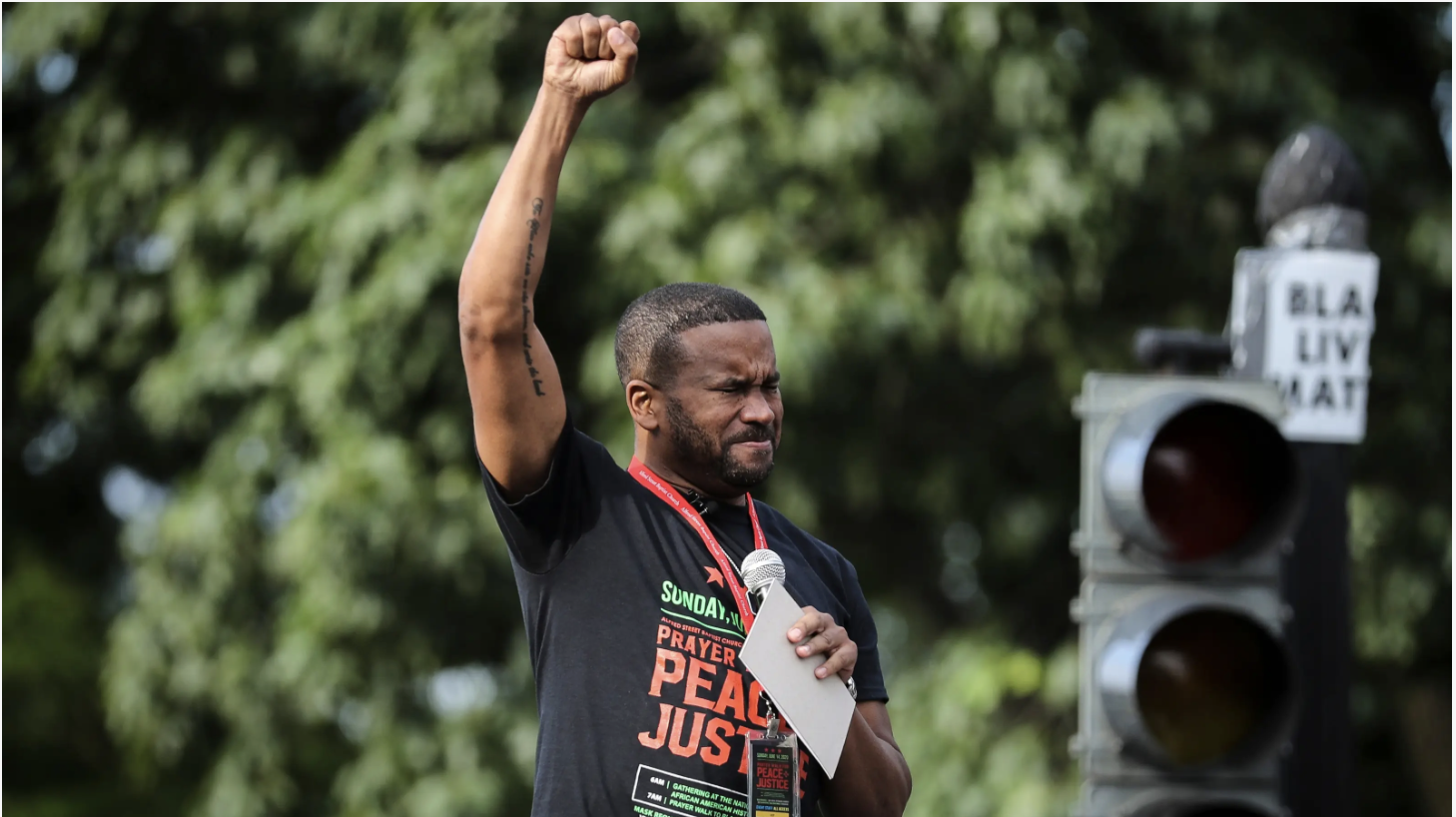
Leave a Reply